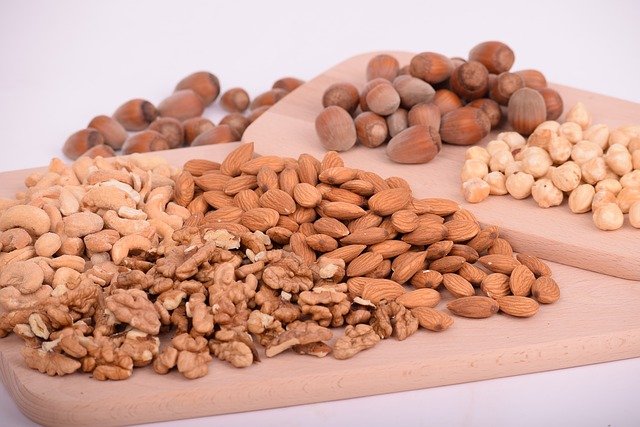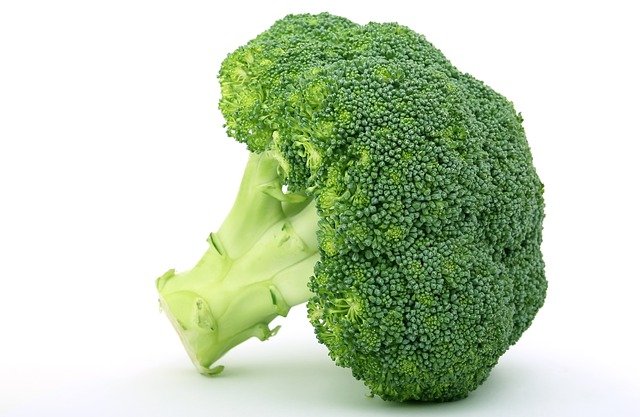Prenatal Vitamins and supplements

What are prenatal vitamins?
Prenatal vitamins are the supplements made for pregnant women to give their body the vitamins, minerals and other nutrients for their healthy pregnancy.
If you are pregnant or planning for a pregnancy, you need to be careful about taking vitamins or any other supplements. Some can do harm, so it’s always best to check with your gynaecologist before taking any supplements.
Your body needs variety of nutrients like vitamins, minerals, calcium, protein, iron, carbohydrates, fats and fibre for good health. During pregnancy, your body needs adequate supply of these nutrients for the baby’s development. The prenatal supplements also contain other nutrients that experts recommend like folic acid, iodine and DHA( Docosa Hexaenoic Acid). Therefore it is recommended for the pregnant women to take the prenatal vitamins and supplements before the conception, during pregnancy and also during postnatal lactation for their baby’s growth and development.
Eating a healthy diet is a wise idea especially during pregnancy but taking prenatal vitamins and supplements may fill the nutrition gap in your diet.
Important nutrient: Folic acid, calcium, iodine and iron
Folic acid
Folic acid is the main supplement to be taken during pregnancy. It can prevent birth defects which primarily affect brain and spinal cord. The neural tubes develop very early in pregnancy before you come to know that you are pregnant. Hence most doctors recommend folic acid to take before three months of conception in your child bearing age or in the time you plan for pregnancy.
Though many pregnancies are unplanned, the folic acid supplement is not too late to be taken, soon after you confirm your pregnancy. It should be continued for the first 12 weeks of pregnancy. It is recommended at least 400mcg of folate per day to prevent deficiency.
If you’ve had a baby with neural tube defect, talk to your doctor about folic acid and know what is right for you.
Good sources of folate
- Green leafy vegetables
- Legumes like beans, peas, lentils
- Brussels sprouts
- Broccoli, cabbage
- Nuts and seeds
- Citrus fruits
- Many other foods fortified with folic acid




Getting folic acid from supplement is a backup, even though getting from folic acid fortified food.
Calcium
Calcium is very important for the pregnant women and also for lactating mothers as babies consume calcium from mothers for their growth and development. Taking calcium supplement may help you to prevent from losing bone density.
The best sources of calcium are diary products including milk, cheese, yogurt. Other sources like dark leafy vegetables, Oranges, broccoli and figs have few amount of calcium.



Iodine
Iodine is very important for the production of the fetal thyroid hormones that regulate fetal brain and nervous system development. Pregnant women requires additional iodine content to ensure adequate supply to fetus.
Iodine deficiency may cause miscarriages, still birth, stunted physical growth, mental disability, deafness. So, it is important to ensure the required amount of iodine content to your body for healthy pregnancy.
Iron
Iron helps your body to make more red blood cells that carries oxygen to your tissues and also to your baby. Hence additional iron content is required for your body during pregnancy. It is good to take iron rich food to maintain the haemoglobin level during pregnancy.
Other nutrients
Omega-3 fatty acid
Omega-3 fatty acid is an essential fatty acid which includes DHA(Docosa exaenoic Acid) and EPA(Eicosa Pentaenoic Acid). Adequate consumption of omega-3 fatty acid is important as it functions as building blocks of brain and retina. Consuming Omega-3 fatty acid lowers preterm birth and having a baby with low birth weight.
Omega-3 fatty acid is rich in fish. Consult your health care provider if additional omega-3 fatty acid should be taken through supplements.
When should we take prenatal vitamins and supplements?
Folic acid along with vitamins and minerals are recommended atleast before one month of conception, during first 12 weeks of pregnancy.
Iron, calcium and other vitamins are recommended after 12 weeks in pregnancy and also after delivery during lactation.
What are the side effects of prenatal vitamins?
Some prenatal vitamins may cause nausea in pregnant women. If that happens to you, talk to you health care provider, they might prescribe a different kind of prenatal vitamins.
The iron in prenatal vitamins may cause constipation. This can be overcome by eating a high fiber diet, drinking plenty of water and exercise, if your doctor says it is safe and gives an okay sign.
The Takeaway
The prenatal vitamins and supplements are very much significant during pregnancy for the growth of the baby. Folic acid in the first trimester is very important to prevent birth defects of the fetus. And other nutrients can be consumed through natural food but additional supplements can help to bridge a gap in your diet which helps for the growth and development of the fetus, also enhances the health of the mother and thus you will go ready to cherish and love your little healthy baby.
Sources
- https://www.nhp.gov.in/sites/default/files/pdf/9789241505376_eng.pdf
- http://nhsrcindia.org/sites/default/files/Guidelines%20for%20Calcium%20Supplementation%20during%20Pregnancy%20and%20Lactation.pdf
- https://www.who.int/elena/titles/guidance_summaries/calcium_pregnancy/en/
- https://www.ncbi.nlm.nih.gov/books/NBK235217/
- https://www.health.qld.gov.au/news-events/news/why-take-folic-acid-pregnant-spina-bifida
Related article : Pregnancy Care In First Trimester


I just like the valuable info you supply to your articles.
I will bookmark your blog and test again right here regularly.
I am quite certain I will be told many new stuff right here!
Best of luck for the next!
No matter if some one searches for his required thing, thus he/she wishes to be available that in detail, so that thing is maintained
over here.
Wonderful article! We will be linking to this
particularly great post on our website. Keep up the great
writing.